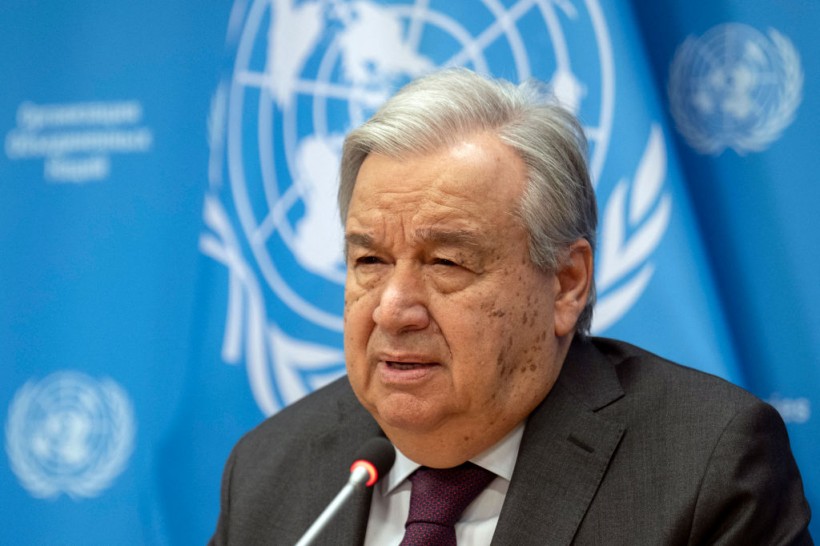The United Nations (UN) has recently issued a strong call to technology companies to stop profiting from the spread of toxic content that promotes antisemitism, racism, and anti-Muslim bigotry.
UN Secretary-General Antonio Guterres delivered this message at the Munich Security Conference, emphasizing the urgent need for action to combat the spread of harmful narratives on social media platforms (via Reuters).

The Spread of Toxic Content on Social Media
Guterres expressed deep concern about the role of social media platforms in amplifying divisive rhetoric, warning that it could exacerbate tensions and incite violence in societies already plagued by extremism.
He emphasized the importance of tech companies taking responsibility and implementing measures to prevent the spread of toxic content.
Meta has already confirmed the deletion of the Instagram and Facebook accounts of an Iranian leader vocal in its support for Hamas following the October 7 attack on Israel.
Meanwhile, in response to EU officials' concerns, X CEO Linda Yaccarino discussed the steps taken to combat the spread of fake news related to Hamas attacks on Israel, as well as content supporting terrorism and violence.
While social media companies have taken steps to remove harmful content, particularly in the aftermath of the Israel-Hamas conflict, the UN's call to action highlights the ongoing challenges in combating online hate speech and misinformation.
Read Also: Meta Faces Uphill Battle in Tackling Deep Fake Election Threats
AI Technology and Hateful Content
Melissa Fleming, Under-Secretary-General for Global Communications, stressed the risks of generative artificial intelligence (AI) technology at a UN meeting last year. At a Security Council meeting on AI and its impact on hate speech, misinformation, and disinformation, Fleming expressed grave concerns about AI's potential to exacerbate online harm.
She explained that generative AI allows for an extensive spread of convincing disinformation, endangering peace and security, human rights, democracy, and public trust in information sources.
Fleming urged AI developers to prioritize human safety and rights over profit, highlighting the importance of responsible AI development.
The proliferation of AI-generated news sites in recent months has heightened the United Nations' concerns. These sites, which operate with little human oversight, produce thousands of fabricated stories, contributing to a loss of public trust in news sources.
In response to these challenges, the UN formed an AI Advisory Body and is working on a code of conduct for information integrity. These initiatives seek to strengthen global AI governance and boost societal resilience against disinformation and hate speech.
Ms. Fleming also underlined the importance of taking a balanced approach to AI, maximizing its benefits while minimizing its risks. She emphasized that technology should be a force for good, prioritizing people's well-being over profit.
Stay posted here at Tech Times.
Related Article: Meta, TikTok, YouTube Fuel Youth Mental Health Crisis, Claims New York Lawsuit









